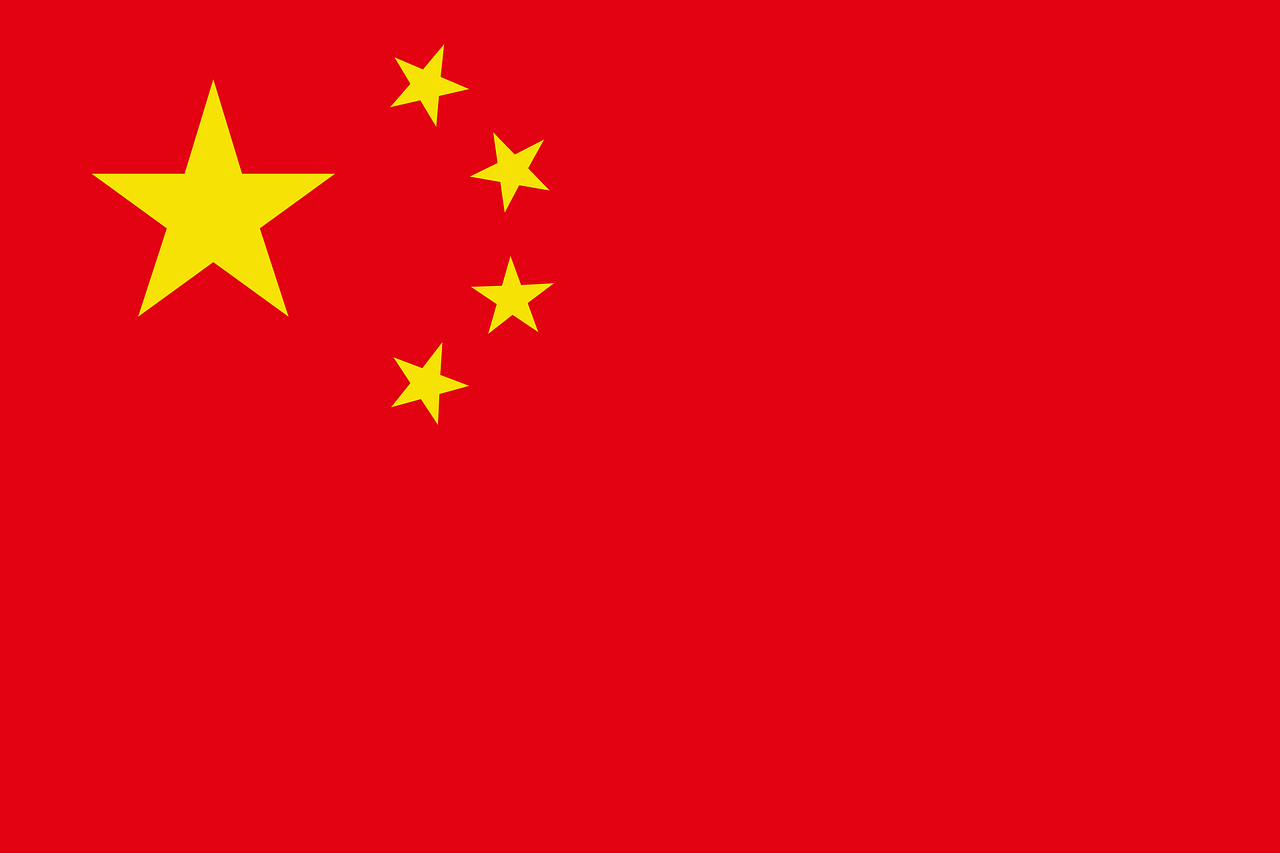
As we enter 2020, even the youngest of those born in the 1980s are in their thirties. In China, this generation is quickly becoming the main driver of the country’s investment migration market. Millennials, here defined as those born between 1980 and 1996 account for about 23% of the overall population. Due to the rapid economic transformation of the country in the years since they were born, China’s millennials are very different, both from their parents and their children (who are just now being born).
Compared to their parents, millennials want very different things from life, work, and – the focus of this discussion – immigration. What worked with Generation X won’t work with Generation Y. This article will contrast millennials with the generations that came before and illustrate how that will change the shape of Chinese investment migration.
The lonely generation
The “one-child policy” was initially introduced in July 1971 and included in the constitution in 1982 as a “national basic policy”. Consequently, an overwhelming majority of millennials do not have siblings. What is really interesting is that while most post-80s do not have siblings, they have plenty of cousins, a phenomenon ascribed to their parents’ multiple brothers and sisters. With the passing of older generations, such kinship weakened, and this is one of the reasons millennials are called “the lonely generation”.
